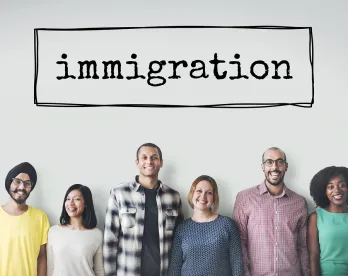On May 25th, the 4th Circuit Court of Appeals upheld the lower court’s injunction in International Refugee Assistance Project v. Trump blocking President Trump’s revised travel ban. The 4th Circuit found that the ban likely violated the First Amendment because it was based in religious animus. Attorney General Jeff Sessions vowed to appeal that decision to the Supreme Court. The Administration now has done that.
While the Supreme Court is unlikely to hear the case before the fall since special summer sessions of the Supreme Court are rare, the Government has asked for an emergency stay of the current injunction so the travel ban can go into effect while awaiting a fall hearing. It would take five votes from the now nine justices to grant a stay of the injunction. To grant a stay, the justices would have to decide that:
- There is a “reasonable likelihood” that four justices would agree to hear the case (it takes only four votes to grant certiorari);
- There is a “fair prospect” that a majority of the justices would find that the circuit court’s ruling was incorrect; and
- There will be “irreparable harm” if the stay is not granted.
The Government has also asked the Supreme Court to stay the injunction granted by the District Court in State of Hawaii v. Trump. That case is currently on appeal in the 9th Circuit and the ruling could come out at any time.
Because the travel ban case involves legal questions about immigration, executive authority and First Amendment religious freedom, it is not clear how the Court would split – nor is it clear how Justice Gorsuch would rule.
At this point, the Supreme Court will likely ask the below-plaintiffs to respond quickly to the Government’s request before making a ruling on the emergency request for a stay.
If the Supreme Court were to grant a stay of the injunctions in both International Refugee Assistance Project and State of Hawaii, the travel ban would go into effect.




 />i
/>i

